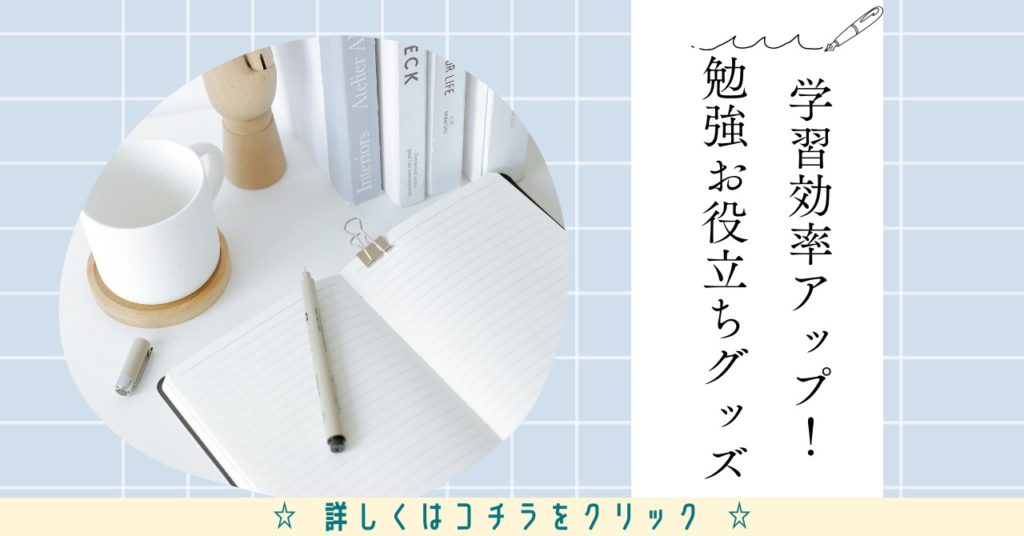開隆堂 高1APPLAUSE Lesson5 Section1の本文の日本語訳と重要箇所の解説です。
Lesson5-2, 5-3の解説はこちらからご覧ください。
>高1APPLAUSE Lesson5 Section2 本文和訳
>高1APPLAUSE Lesson5 Section3 本文和訳
- APPLAUSE Lesson5 Section1 本文と日本語訳
- APPLAUSE Lesson5 Section1 重要事項の解説
- People in fashionable clothes appear on weekends in a suburb of Brazzaville, capital city of Republic of Congo.
- They are called “Sapeur.”
- It means the Society for the Advancement of Elegant People.
- Republic of Congo is one of the poorest countries in Africa.
- The average income is about 0 a month.
- Sapeurs are not wealthy.
- Nor are they fashion models.
- They are just like everyone else on weekdays.
- They usually wear casual clothes.
- However, they buy very expensive fashionable clothes.
- These clothes are much more expensive than their monthly salary.
- They still enjoy wearing them only on weekends.
- APPLAUSE Lesson5 Section1 まとめ
APPLAUSE Lesson5 Section1 本文と日本語訳
People in fashionable clothes appear on weekends in a suburb of Brazzaville, capital city of Republic of Congo.
「おしゃれな服を着た人々が週末にコンゴ共和国の首都,ブラザビルの郊外に現れます。」
They are called “Sapeur.”
「彼らは『サプール』と呼ばれます。」
It means the Society for the Advancement of Elegant People.
「それは優雅な人を増やす会という意味です。」
Republic of Congo is one of the poorest countries in Africa.
「コンゴ共和国はアフリカで最も貧しい国の1つです。」
The average income is about $300 a month.
「平均収入は1ヶ月に約300ドルです。」
Sapeurs are not wealthy.
「サプールは裕福ではありません。」
Nor are they fashion models.
「ファッションモデルでもありません。」
They are just like everyone else on weekdays.
「彼らは平日は他のみんなと変わりません。」
They usually wear casual clothes.
「普段はカジュアルな服を着ています。」
However, they buy very expensive fashionable clothes.
「しかし,とても高価でおしゃれな服を買います。」
These clothes are much more expensive than their monthly salary.
「こういった服は彼らの月収よりもずっと高いです。」
They still enjoy wearing them only on weekends.
「彼らはそれでも週末にだけその服を着るのを楽しんでいます。」

APPLAUSE Lesson5 Section1 重要事項の解説
People in fashionable clothes appear on weekends in a suburb of Brazzaville, capital city of Republic of Congo.
“fashionable”は「おしゃれな」という形容詞です。
“clothes”は「衣服」という名詞で,常に複数扱いになります。発音は「クローズ」ですね。
“appear”は「が現れる」という動詞,“suburb”は「郊外」,“capital”は「首都」という名詞になります。
“Republic of Congo”は「コンゴ共和国」ですね。
They are called “Sapeur.”
この文は「受動態」になっています。
“They”は“People in fashionable clothes”を指しています。
It means the Society for the Advancement of Elegant People.
“It”は“Sapeur”を指しています。
“society”は「社会,協会,会」,“advancement”は「前進,発展」といった名詞で,“elegant”は「優雅な」という形容詞です。
“mean”は「を意味する」という動詞になります。
Republic of Congo is one of the poorest countries in Africa.
“one of 最上級 複数名詞”は「最も~な名詞の1つ」という「比較の応用表現」になります。
“poor”は「貧しい」という形容詞ですね。
The average income is about 0 a month.
“average”は「平均」,“income”は「収入」という名詞です。
“about”は「約,およそ」という副詞で,“month”は「月」という名詞ですね。
“数字 a month”は「月に~」という表現になります。“a”の代わりに“per”を使ってもOKです。
Sapeurs are not wealthy.
“wealthy”は「裕福な」という形容詞です。
Nor are they fashion models.
“They”は“Sapeurs”を指しています。
“nor”は「また~ない」という否定の接続詞で,直前に出てきた否定文に,別の否定文を続けたいときに使います。
直前の文とはカンマで繋いでも,ピリオドで切ってから繋いでもOKです。
文の作り方は,”Nor 動詞 主語~”のように倒置が起こります。そのため今回も“are”が前に来ているんですね。
They are just like everyone else on weekdays.
“They”は“Sapeurs”を指しています。
“just”は「ただ,~なだけ」といった副詞で,“like”は「~のような」という形容詞になりますね。
“everyone”は「みんな」,“weekday”は「平日」という名詞,“else”は「他の」という形容詞です。
この文は直訳すると「彼らは平日はただの他のみんなと同じような人たちです」といった感じですね。
They usually wear casual clothes.
“usually”は「普通は,普段は」という頻度を表す副詞で,頻度を表す副詞が一般動詞とセットの場合は一般動詞の前に置きます。
“wear”は「を着る」という動詞で,“casual”は「カジュアルな,普段の」といった形容詞になります。
However, they buy very expensive fashionable clothes.
“however”は「しかし」という意味の副詞になります。
同じ意味で“but”がありますが,こちらは接続詞なので品詞が異なります。“but”は“文A,but 文B”というように,2つの文を繋ぐ際に使います。
“文A. But 文B.”というように,“but”を文の先頭に置いて1文だけで完結させるのは原則NGとなります。
“expensive”は「高価な」という形容詞ですね。
These clothes are much more expensive than their monthly salary.
“these”は「これらは(の)」という意味で,“this”の複数形になります。
“much”は「比較級」の強調に使い,「ずっと」といった意味になります。
“monthly”は「毎月の」という形容詞で,“salary”は「給料」という名詞ですね。
They still enjoy wearing them only on weekends.
“still”は「まだ,それでも」,“only”は「たった~だけ,~しか」という副詞ですね。
“them”は“These clothes”を指しています。
“wearing”は「動名詞」になっています。
APPLAUSE Lesson5 Section1 まとめ
以上がAPPLAUSE Lesson5 Section1の日本語訳となります。
「比較」の文の作り方を確認しておきましょう!
>高1APPLAUSE Lesson5 Section2 本文和訳
>高1APPLAUSE Lesson5 Section3 本文和訳
何か分からない点や他に解説してほしい点があれば,お気軽にコメントしてください!




コメント